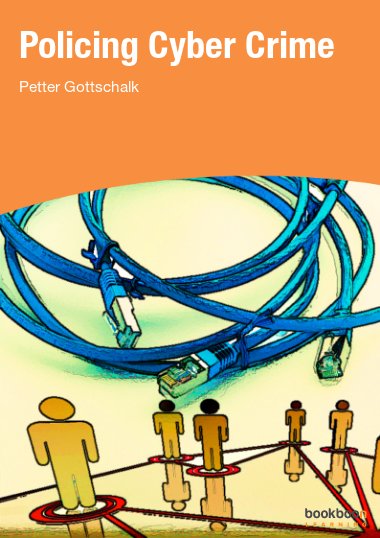The risk of computer crime has become a global issue affecting almost all countries. Salifu (2008) argues that the Internet is a "double-edged sword" providing many opportunities for individuals and organizations to develop and prosper, but at the same time has brought with it new opportunities to commit crime. For example, Nigeria-related financial crime is extensive and 122 out of 138 countries at an Interpol meeting complained about Nigerian involvement in financial fraud in their countries. The most notorious type attempted daily on office workers all over the world, is the so-called advance fee fraud. The sender will seek to involve the recipient in a scheme to earn millions of dollars if the recipient pays an advance fee (Ampratwum, 2009).
Cyberspace presents a challenging new frontier for criminology, police science, law enforcement and policing. Virtual reality and computer-mediated communications challenge the traditional discourse of criminology and police work, introducing new forms of deviance, crime, and social control. Since the 1990s, academics and practitioners have observed how cyberspace has emerged as a new field of criminal activity. Cyberspace is changing the nature and scope of offending and victimization. A new discipline named cyber criminology is emerging. Jaishankar (2007) defines cyber criminology as the study of causation of crimes that occur in the cyberspace and its impact in the physical space.

